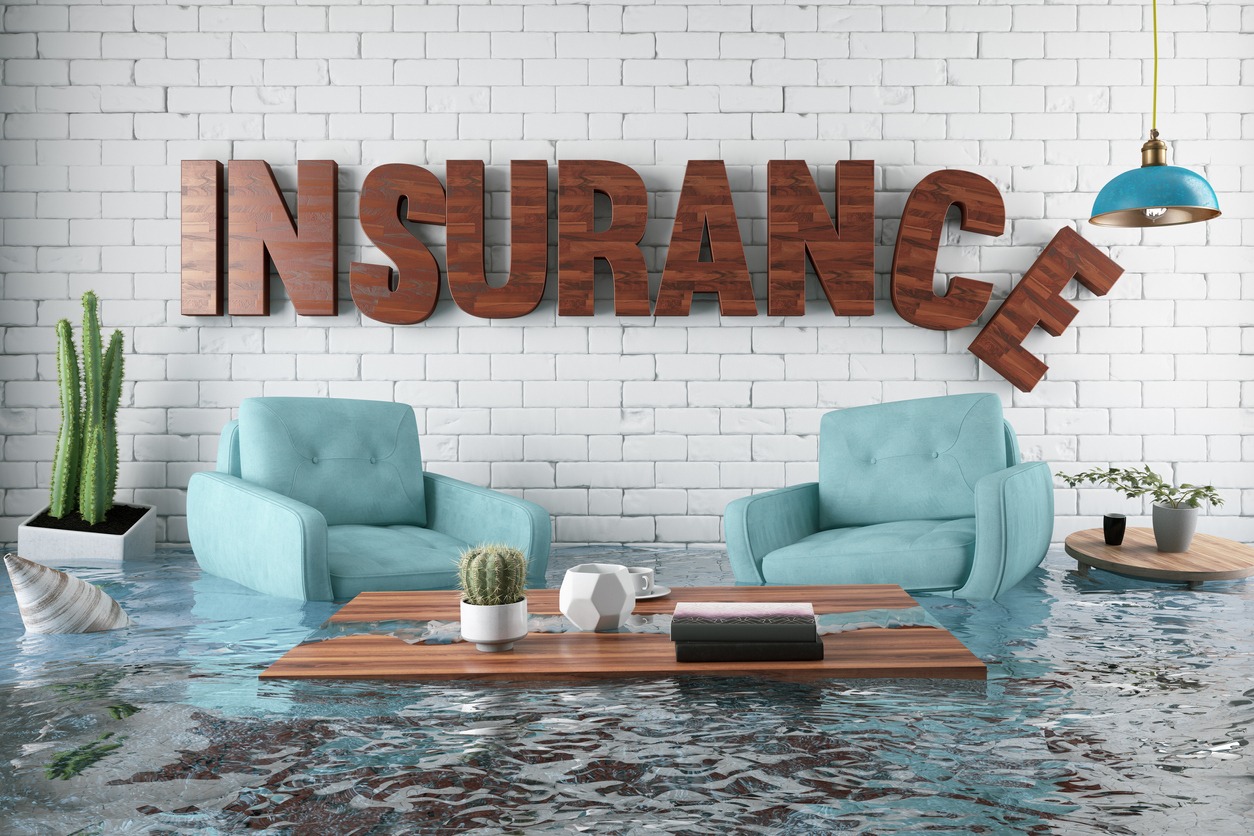As a homeowner, you know how expensive it can be to have your house damaged by water. From broken pipes to flooded basements and even weather damage, the costs of repairing damages from water can be high – especially if they go untreated or under-treated. That’s why having an emergency plumber and a good insurance policy that covers water damage is so important.
Taking the time to find an insurance policy that suits your needs can help you save money and avoid costly repairs down the line. Plus, it will put your mind at ease knowing that if something does happen, you’re covered. Follow these tips for how to get insurance to pay for water damage.

Know What Isn’t Covered
Before signing on the dotted line and purchasing an insurance policy, make sure you know what isn’t covered. While most general or specific homeowners policies cover flood damage or water damage, other things aren’t.
For instance: if a pipe burst due to lack of maintenance (such as allowing tree roots to grow and break your pipes), that damage won’t be covered. Also, damage caused by a sewer backup isn’t typically covered unless it’s due to a problem with the public sewer system, so make sure you have your policy set up to include it if need be.
Know What’s Covered
After you know what your policy doesn’t cover, the next step is knowing what it does. Be sure to ask these questions when you’re reviewing your policy:
- How much water can my sump pump handle?
- What happens if my sump pump malfunctions?
- How much water can the wet-dry vacuum handle?
- What do I do with the water once it’s been vacuumed up?
- Can I use bleach to sanitize things after they’ve been dried?
- Are the curtains and linens that I use to dry off my floors eligible for coverage?
Knowing what items are covered will help you make a list of anything you’ll need to purchase if something does occur so that you can be prepared. And, if you’re tempted to skimp on certain insurance costs because you think you know what’s covered, don’t! You never know when something will go wrong, and it could end up costing more than money to fix.
Don’t All Insurance Policies Cover Water Damage?
Not all insurance policies are created equal – which is why it’s important to compare rates from a variety of companies before settling on an insurance policy. While flood damage is typically covered by home insurance, some circumstances might not be covered.
Get a Separate Water Policy
Is your home at risk for water damage? If so, then it’s best to get a separate policy that specifically covers water damage. Additional water insurance will typically cost more than the average home insurance policy but think of it as a type of “safety net” if anything goes wrong. In the long run, you’ll save money because your damages will be paid for and not fall solely on your shoulders.
Think About Flood Insurance
Flood damage is typically covered under a standard home insurance policy – but only up to a point. And if your home is located in a flood zone, the chances are that your insurance will not cover it under a standard plan. In fact, many insurance companies offer separate policies for individuals living in these areas to make sure they stay protected from flood damage.
Prepare Your Home
If you’ve been hit with water damage, you need to get the source of the problem fixed as soon as possible. Even though the water damage might have been solved with water extraction and drying equipment, there still needs to be work done to prevent the problem from happening again. An emergency plumber can come into your home, find out where the water was coming from, and fix the problem for you so that it will never happen again!
If there has been a water disaster in your home, it is time to take care of the problem before it worsens. The longer you wait, the more money that you will have to spend on repairs and cleaning. If there is something wrong with your plumbing, it is time to find the source of the problem with the help of an emergency plumber to make sure that it never happens again.